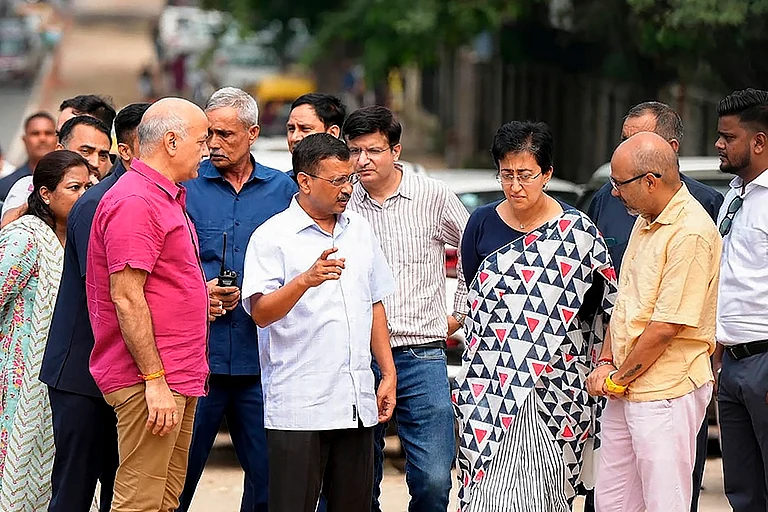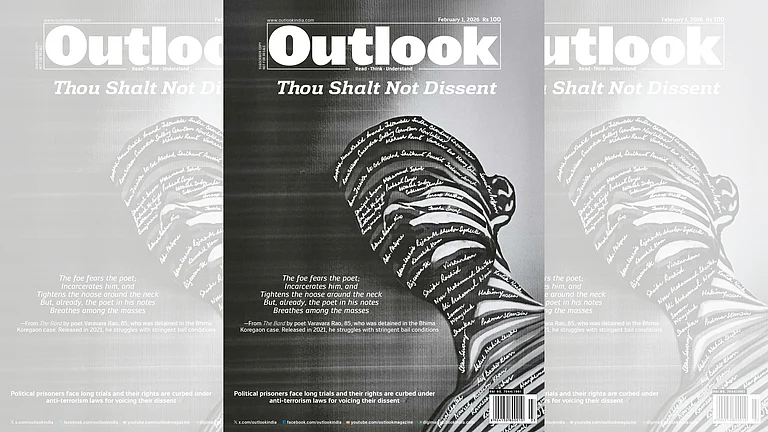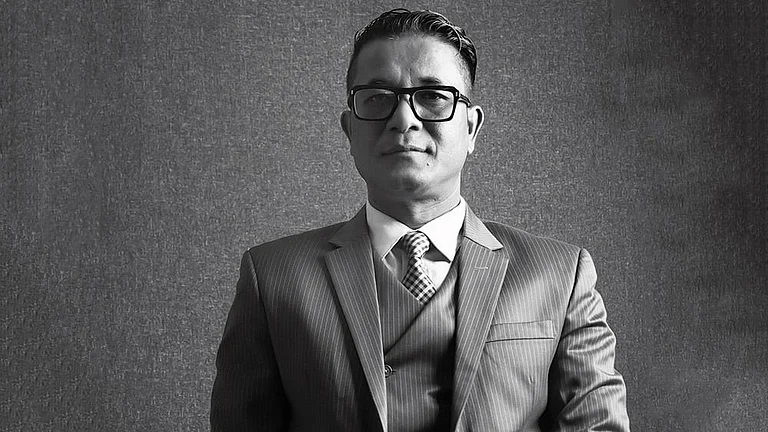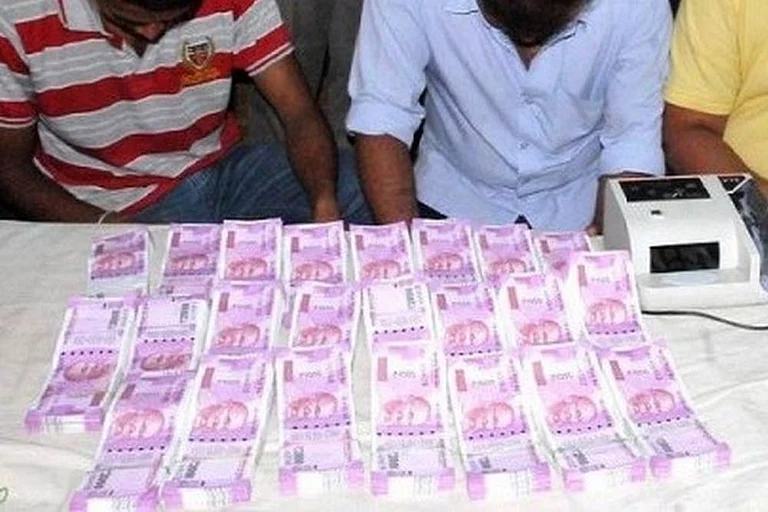Supreme Court Judge BV Nagarathna who gave dissenting opinion in the demonetisation case said she ‘thought it was a good way of getting unaccounted cash accounted’.
During her address at the inaugural session of the fifth edition of Courts and the Constitution Conference, held at the NALSAR University of Law Hyderabad on Saturday, Justice Nagarathna spoke on her dissent inn the demonetisation case, PTI reported.
She as per the report said, she had to dissent against the move by the central government as in 2016, when the decision was announced, the Rs 500 and Rs 1,000 notes comprised 86 per cent of the total currency notes in circulation, and 98 per cent of it came back after they were banned.
In October 2016, the Centre Government demonetised Rs 500 and Rs 1,000 banknotes, purportedly in a blow against the black money.
"I thought it was a way of converting money into white money by this demonetisation because firstly, 86 per cent of the currency was demonetised and 98 per cent of the currency came back and became white money. All the unaccounted money went back to the bank,” she was quoted as saying.
She added: "Therefore, I thought it was a good way of getting unaccounted cash accounted. Therefore, this common man's predicament really stirred me. Therefore, I had to dissent.”
She also cautioned against instances of governors sitting indefinitely on bills passed by elected legislatures, referring to the case involving the Punjab Governor.
Justice Nagarathna spoke about the Maharashtra Legislative Assembly case as another instance of gubernatorial overreach, where the governor lacked sufficient material to declare the floor test.
"This is not a healthy trend under the Constitution to bring the actions or omissions of the Governor of a state for consideration before constitutional courts," she was quoted as saying.



























